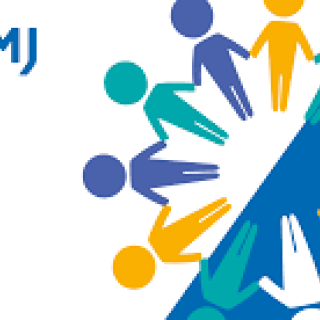
July 26, 2024 | Publication
Cost-effectiveness analysis of a digital diabetes-prevention programme versus an in-person diabetes-prevention programme in people with prediabetes in the United States
Jeromie Ballreich and colleagues explore a Cost-effectiveness analysis of a digital diabetes-prevention programme versus an in-person diabetes-prevention programme in people with prediabetes in the United States, in Diabetes, obesity & metabolism.










